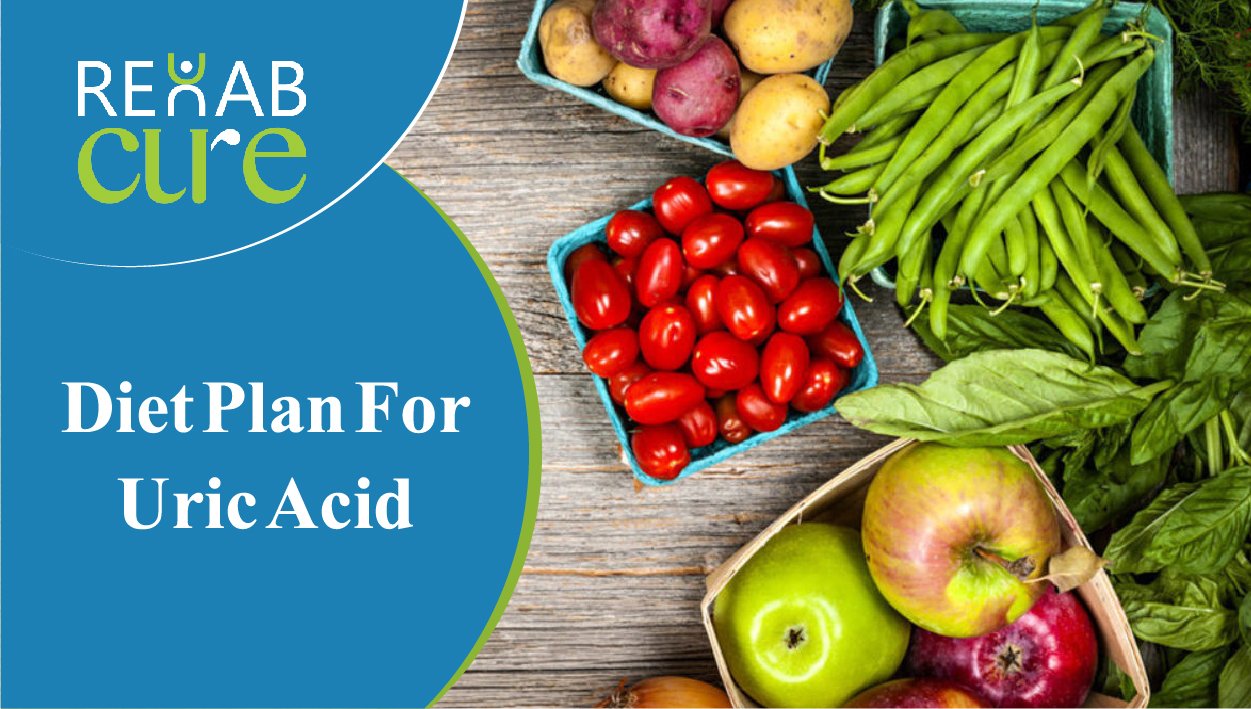
Nutritional Therapy for Uric Acid
Gout is a condition characterized by abnormally high levels of uric acid in blood (hyper-uremia), deposits solid lumps of uric acid in and around the joints, recurrent attacks of joint inflammation (arthritis), decreased kidney function and kidney stones. It is often related to an inherited difficulty in the body’s processing of uric acid. Gouty arthritis is usually a painful attack of joint inflammation in joints is caused by deposits of uric acid crystals in the synovial fluid and lining.
Uric Acid:
Uric acid is produced by the breakdown of purines, colorless crystalline solids that are part of many foods. Read more?
Uric Acid Causes:
Apart from the inherited difficulty in the body’s processing of uric acid, obesity moderate to heavy alcohol intake, abnormal kidney function and high blood pressure can also cause gout. Certain drugs e.g. low dose aspirin, thiazide diuretics, and medication for TB can precipitate the condition and some diseases, such as leukemia, lymphomas, and hemoglobin disorders can cause excessive production of uric acid in the body.
Uric Acid Symptoms:
Joints commonly affected by gout include the ankle, elbows, fingers, knees, and wrist but the most common site of acute gout is the joint at the base of the big toe. Pain in the affected joints followed by swelling and redness. This may be accompanied by fever.
The normal level of serum uric acid: 3-7 mg/dl
Purine Restriction Diet:
In case of severe or advanced gout, the purine content of the daily diet should be restricted to approx.100 to 150 mg.
Purine content of foods/100gm
Group I (0-15mg) | Group II (50-150) | Group III (150mg & over) |
Bread & Cereals Butter and other fats Cheese Eggs Fruits Gelatin Nuts Sugars, sweets Vegetables Olives | Beans, dry Fish Lentils White and red meat Oatmeal Peas, dry Poultry Seafood Spinach | Asparagus Brains Gravies Organ meat (kidney, liver) Meat extracts Mincemeat Mushroom Sardines Sweetbreads Tongue |
General Rules:
- For a diet necessarily free of exogenous purines, use foods only in group I.
- For a low purine level allow 3-5 servings of lean meat, poultry, and fish from the group each week.
- Drink 2-3 liters of fluid daily. At least half as water. Because it has the ability to dilute uric acid in both blood and urine.
- Emphasize high carbohydrate foods (bran bread, cereals, rice, vegetables, and fruits).
- Don’t eat deep-fried foods and high-fat desserts.
- Lose weight if you need to. By losing weight you reduce the pressure on weight-bearing joints and also lower uric acid levels.
WE’RE HERE TO HELP YOU
If you are in need of these services, our experienced and skilled Best Nutritionist in Lahore will ensure you get back to the activities you enjoy.
For an appointment today or to book a consultation.
Call us at +92 336 2003567
Thanks
